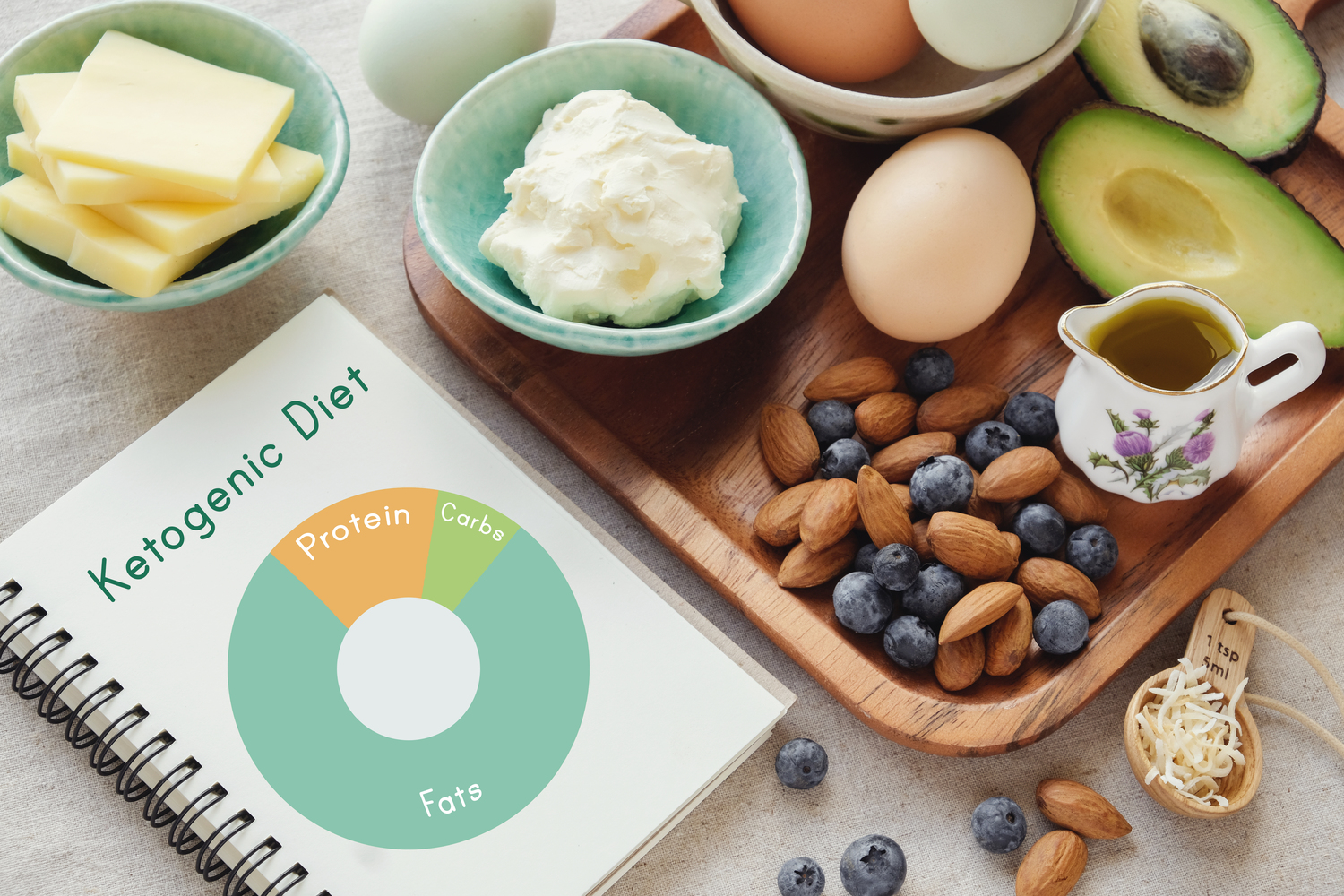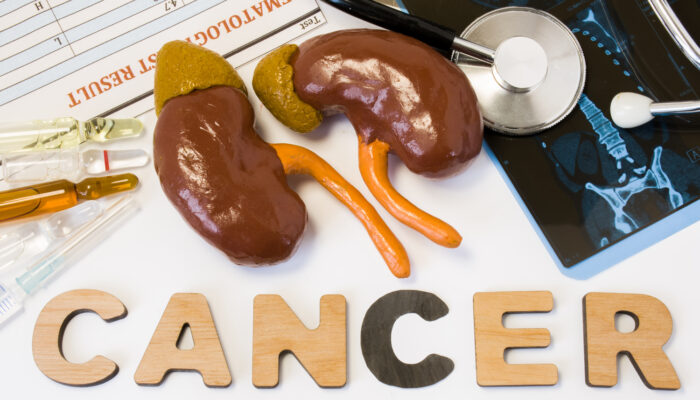
Trendy Low Carb, Low Sugar Diets
Diet trends come and go. There’s always the newest, quickest way to lose weight. Lately, low carbohydrate diets, which focuses on cutting carbohydrates, primarily found in sugary foods, pasta, and bread in favor of more protein, natural fats, and non-starchy vegetables.
While studies do show that low-carb diets may help result in weight loss, many still come with many downsides. Here are some of the pros and cons of the trendiest low carb diet plans:
1. Keto diet
The ketogenic diet is all about eating low carb, high protein and fat products. Your body is put into ketosis, which is a state that allows it to burn fat faster. People that love the keto diet love that it converts fat into fuel. Many people actually feel less hungry in the state of ketosis. Insulin levels decrease on the keto diet. Basically eating a diet low in carbs and high in fats help you lose weight and feel great. This sounds too good to be true, and for some, it just might be. It is a lifestyle choice meaning going back to eating a diet high in carbohydrates causes many to gain back the weight. The first few weeks many people experience a brain fog and fatigue as the body tries to balance their blood sugar. Those on the diet must watch out for ketoacidosis, which occurs when the levels of ketones in your body rise quickly leading to the blood’s pH becoming too low. Other potential risk factors for those on a keto diet include:
- Heart disease, this diet is high in saturated fat and may increase “bad” LDL cholesterol.
- Nutrient deficiency, lack of vegetables, fruits, and grains may result in nutritional deficiencies (i.e., B and C vitamins, phosphorus, selenium, and magnesium).
- Liver problems, if the individual has any existing liver damage (i.e., cirrhosis).
- Kidney problems, due to increased protein metabolism.
- Constipation, due to low fiber from grains, beans, and legumes.
2. Whole 30 diet
The whole 30 diet works to take away the foods that are bad for you and making you gain weight. It isn’t a true “diet,” but all about elimination. It’s based on 30 days of eating certain foods. Many love the fact it’s not a diet they have to stick to forever. It’s great for many as they find the foods that are making them sick or gain weight. As they eliminate those foods, they notice what is causing their health issues. Reading labels to find if those foods contain any of the foods you cannot eat means you know what is going into your body. The biggest con for many on Whole 30 diet is it is very restrictive. The program eliminates beans, grains, dairy and sugar. This means you are restricted to really only nuts, vegetables, meats and some fruits. Some don’t like that they have to spend more money on special foods. Other issues with the Whole 30 diet may include:
- Sluggishness and irritability, especially in the first 2 weeks.
- Loading up on veggies can cause a increase in fiber intake and constipation.
3. Paleo diet
Eating like a caveman is the basis of the paleo diet. Those on this diet consume lots of lean meat, seafood, fruit, fish, vegetables and eggs. Many love that they are consuming less inflammatory foods that cause them to feel bloated. More red meat consumption means your iron levels rise. Most people on the program feel full between meals as they are eating meats and proteins. The diet is clean as most of the foods don’t contain preservatives or additives. Some people do find issues with the constriction of food. Eating this way can be expensive consuming nuts and meat most of the time. Cutting out basically all carbs means energy can be reduced if you aren’t careful. It’s a lifestyle and one might gain weight when done with the diet. Other issues with going paleo may include:
- Low-carb flu (i.e., fatigue, headaches, weakness, brain fog, and irritability, from reducing carbohydrate intake.
- The absence of good fiber in whole grains and legumes, may cause nutritional deficiency.



